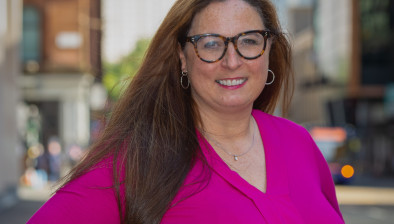Letter to the Editor: Common Weal responds to Homes for Scotland letter

After Homes for Scotland moved to clarify claims it was “anti social housing” for calling for a wider focus on housebuilding in Scotland, Ben Wray from think-tank Common Weal provides his own reaction.
Nicola Barclay argues in response to Common Weal’s criticism of Homes for Scotland that our approach to debate is what causes those looking for a new home “the most misdeed”. Funny, we always thought it was the inability to afford a home which was most harmful.
That aside, we take seriously her call for “real substance” and to “engage positively and constructively”. So here aresome proposals to tackle the shortage of supply in affordable housing:
Do Homes for Scotland agree with these proposals? If not, why? They are all proposals that support housebuilding, they just do so in a way that addresses the chronic inequality of the housing market and that returns the public-sector to the heart of the process.
Inequality is not a word Homes for Scotland appears too concerned with, appearing not once in their 2016 election manifesto that Barclay cites. Neither is there any proposals in that manifesto for increasing the supply of social housing.
Therefore forgive us if we do not believe Barclay’s argument that Homes for Scotland are concerned about a ‘whole systems approach’ quite rings true. It’s a little like stating you want a ‘whole systems approach’ to healthcare by subsidising Bupa. Or Henry Ford’s famous remark that you can buy any colour of car as long as it is black. Common Weal is in favour of a housing mix, but in the current context that must mean government prioritising social housing.
Barclay believes landbanking by housebuilders to be “a myth” that she is “exasperated” by – then how does she explain nine UK housebuilders in the FTSE 100 and FTSE 250 owning 615,152 housing plots of land as of December 2015, which if used would quadruple the number of houses built that year? Perhaps they have used them all since then? Or maybe none of the plots are in Scotland?
Barclay argues that it “makes no sense” for developers to sit on land, which perhaps gets to the roots of our disagreement. Common Weal believes that our profit-driven housing market incentivises private developers to keep the supply of housing low so that house prices (and profits) remain high. Consequently, there is no short-cut to tackling the systemic problem of inequality if we are going to achieve affordability.
Ben Wray
Head of Policy
Common Weal









